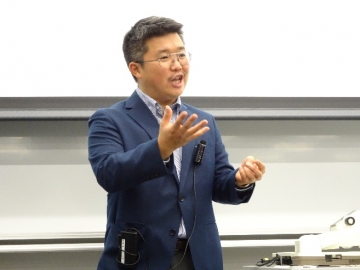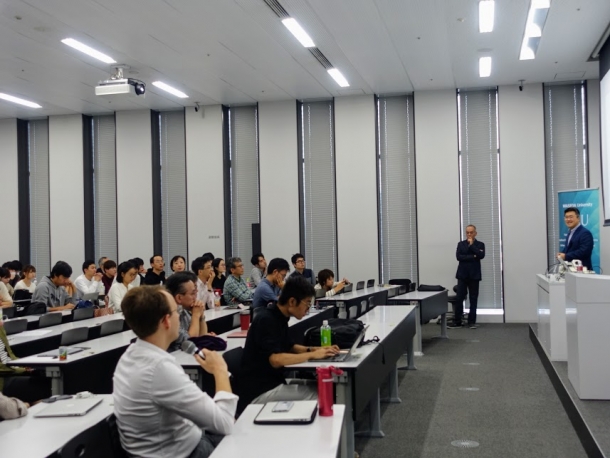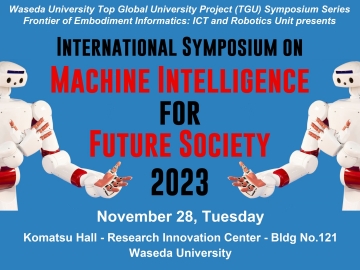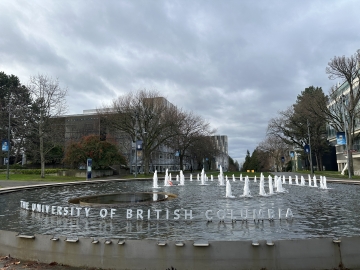Academic Leader Seminar “Causal Explanations in Social Sciences”
On October 17, the Center for Positive/Empirical Analysis of Political Economy of the Top Global University Project at Waseda University held a special lecture titled “Causal Explanations in the Social Sciences” by Professor Teppei Yamamoto (Associate Professor, Department of Political Science, Massachusetts Institute of Technology) as part of the Academic Leaders Seminar series.
Professor Yamamoto has made remarkable contributions in the field of political methodology. This invitation was made by the Academic Leaders Program, which has invited internationally renowned and leading researchers to Waseda University with the aim of developing educational and research activities. During his stay at Waseda University, Professor Yamamoto gave an intensive lecture on statistical causal inference and presented the latest research results on causal inference at a public seminar.


At the beginning of the seminar, President Aiji Tanaka gave an opening address and introduced Professor Yamamoto’s outstanding academic achievements. Professor Yamamoto’s seminar focused on the methodological importance and issues on causal inference, which has become increasingly important in social science research in recent years. He explained that since the 2000s, as the use of experimental and quasi-experimental methods in empirical political research has widespread, a paradigm shift called “casual inference revolution” has occurred. Between advocates and critics of the causal inference paradigm, the methodological debates have revolved round issues such as “theory vs. evidence,” “external validity vs. internal validity,” and “explanation vs. prediction.” In order to respond to criticism of the causal inference paradigm, the recent methodological research has aimed to further advance causal inference on various aspects of “causal explanation,” beyond simply measuring average treatment effects (ATE). Specifically, three types of research developments have been recognized: the medication perspective (causal mediation analysis), the components perspective (conjoint analysis), and attempts to unify these two perspectives (mediation and moderation). Finally, whether the results obtained from the experiments really explain the phenomena in the real world was discussed. Professor Yamamoto claimed that although the popularity of causal identification apparently made theoretical questions unanswerable, further methodological progress was expected to bridge the gap between theoretical and empirical research.

More than 100 students, professor and researchers from within and outside the university attended the seminar, and they had the opportunity to the opportunity to
interact with Professor Yamamoto during the question and answer session. Specifically, questions were raised on important issues in research of economics and political science, such as how moderation variables can be identified, how the average component interaction effect, (ACIE), which is nonparametrically identified through a switch, differs from the traditional ATE, and whether explanations on post-treatment mediation should also be included in the pre-registration of the research to ensure the replicability and reproducibility.
Through this seminar, Professor Yamamoto gave us a valuable opportunity to learn deeply about the state of discipline of causal inference research, which has had a significant educational and research impact in spreading causal inference in Japan.








